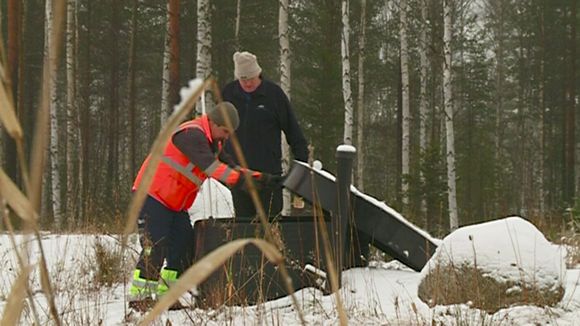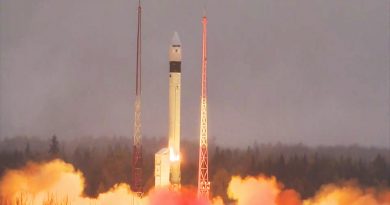Finland: Recapturing farm nutrients offers double benefits

Finnish officials hope to entice farmers to stop fertiliser and animal waste from leaking into the waterways – and to recover these valuable nutrients for re-use.
Finland hopes to become a trailblazer in recycling agricultural nutrients. At present, farm runoff including fertilisers and manure is among the main triggers for toxic algae blooms in the Baltic Sea and inland waters.
And if current practices continue, the world may run out of usable phosphorus within the next century – which would lead to smaller harvests and higher risk of famine.
In 2010 the Finnish government set as a target that the country should become a world leader in recovery and re-use of fertilisers. A deadline of 2020 has now been set for that goal.
Subsidy re-jig needed?
“We have very good tools with which farmers can improve their methods of fertilising plants and feeding livestock. The environmental compensation system also includes measures to encourage this. And we have a variety of procedures for manure processing,” notes Tarja Haaranen, coordinator of the project at the Ministry of Agriculture and Forestry.
However large-scale of manufacturing of fertilisers based on recovered nutrients has yet to begin. There are methods to collect useful nutrients, such as one developed by the Helsinki firm Saloy, but agricultural producers cannot so far gain environmental subsidies by using them.
Ministry officials say that it is likely that investment support could be granted for installing them, though.
“Someone could try to apply for subsidies for this kind of system and then we could gradually gain experience as to how useful these devices are in terms of the waterways,” says Sanna Koivumäki, an agricultural inspector at the ministry.
Emulating the Danish model
Haaranen suggests that Finland could take its cue from Denmark, where a variety of incentives and control methods are in place.
“It’s really important that we examine our legislation and permit procedures to see whether there are practical obstacles in the way of reaching this goal,” she says. “We welcome any suggestions and will try to work together to resolve these issues.”
Related stories from around the North:
Canada: Addressing northern food insecurity, Blog by Heather Exner-Pirot
Greenland: Researchers must be honest with Arctic peoples about food contaminants: doctor, Eye on the Arctic
Norway: The food crisis in the Far North, Barents Observer
Sweden: Organic farming does not benefit the environment, say researchers, Radio Sweden
United States: Traditional foods making their way onto elders’ plates in Northwest Alaska, Alaska Dispatch



